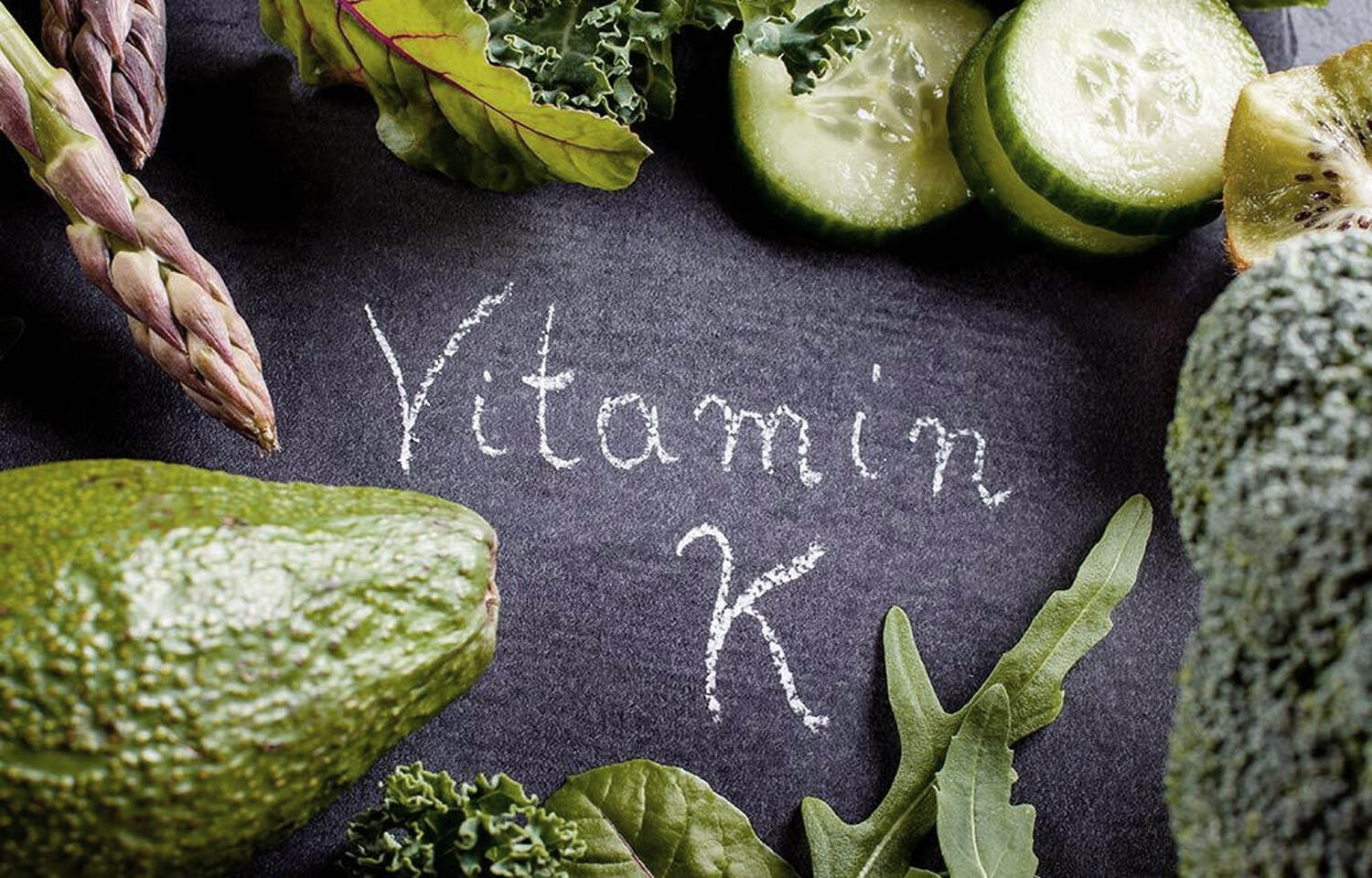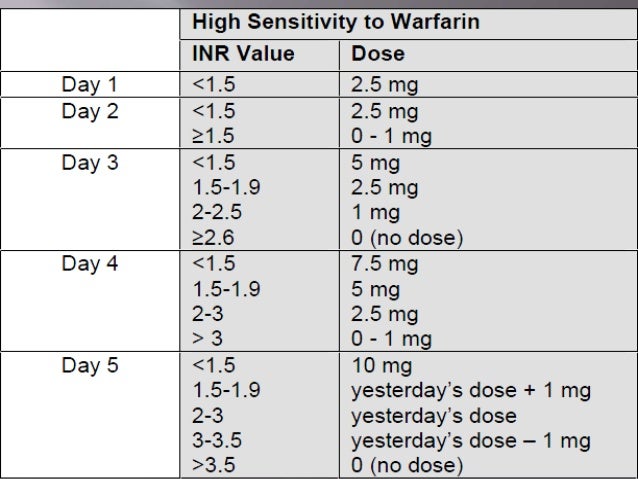
We aggregated recent recommendations, as poultry has undergone a tremendous evolution in the last 50 years. Recommended Vitamin K Intake for Chickensĭifferent sources list different recommendations. This is especially true when they are on antibiotics such as sulphaquinoxaline, which kill the intestinal flora that produces vitamin K 2. Our birds do not produce enough microbial vitamin K in their guts and need supplemental feeding. It’s actually so much that it becomes an important source of vitamin K for chickens eating their droppings in the chicken run. Instead, it ends up in their droppings, which contain relatively high levels of vitamin K. However, most of it is made in the last parts of the guts and can’t be absorbed by the body. Vitamin K 3, or menadione, is chemically synthesized vitamin K and is used in the industry as it’s water soluble and has a high stability.Ī chicken produces its own vitamin K 2 from bacteria in the intestines.

It can be found in milk, yogurt, cheese, or animal-based feed like eggs, chicken, beef, pork, and fish.

Delayed blood clotting on the vent area may trigger other birds’ interest and cannibalism. to heal from minor internal and external injuries during egg laying and pecking.Continuous intake for chickens is essential to activate clotting in various circumstances, such as: It is vital in regulating multiple blood clotting factors, such as prothrombin, protein C, and other coagulation factors. The prime function of vitamin K is to regulate bioprocesses for blood clotting. Vitamin K is one of the four fat-soluble vitamins (the others are vitamins A, D, and E) that dissolve in body fats and oils. Deficiencies can result in internal bleeding and blood spots in the eggs. Adequate intake improves laying performance and health. Vitamin K is a group of 3 chemicals essential for blood clotting, biosynthesis of proteins, bone composition, and embryo development in chickens and poultry.
#VITAMIN K ANTIDOTE PLUS#
Contains a source of live (viable), naturally occurring microorganisms, plus essential vitamins and electrolytes. Supports hydration and bird health during hot weather and other stress.ĭURVET HEALTHY FLOCK PROBIOTICS: Add one scoop per gallon of drinking water. Each packet makes one gallon of supplemented drinking water. SAV-A-CHICK POULTRY VITAMINS & ELECTROLYTES: 9 packets included.

Aids in hydration and nutricion, suited for all ages and all breeds.



 0 kommentar(er)
0 kommentar(er)
